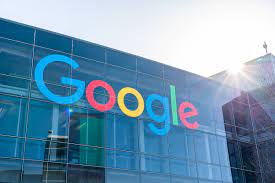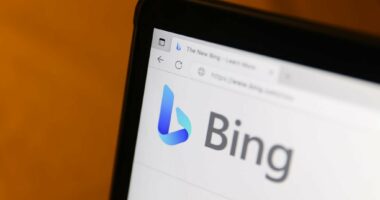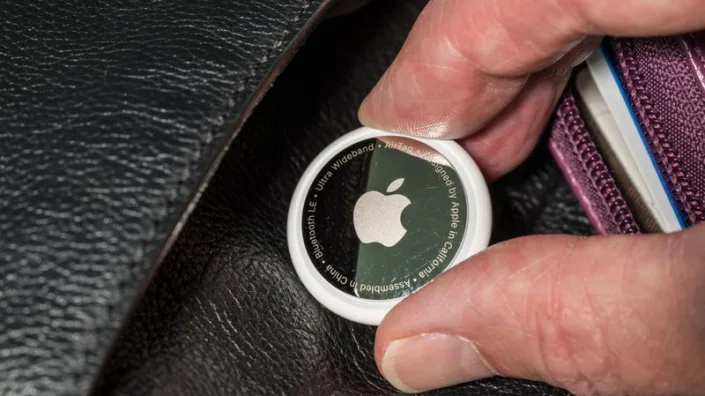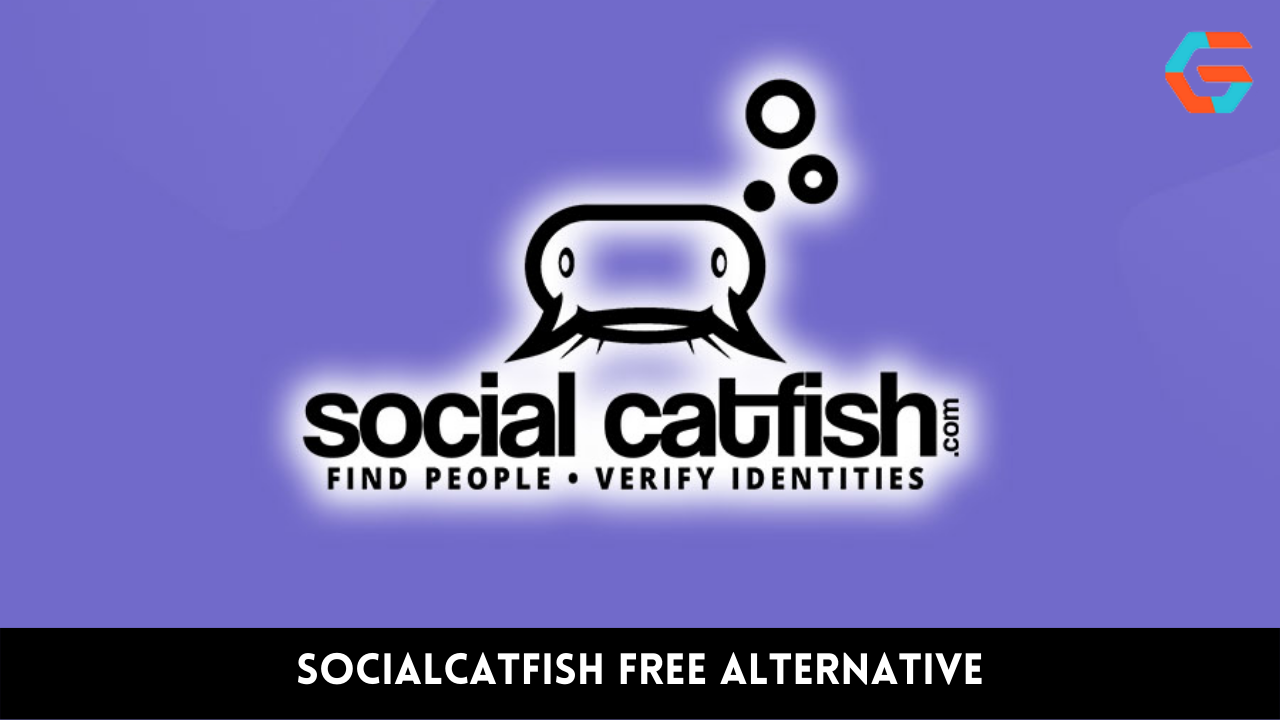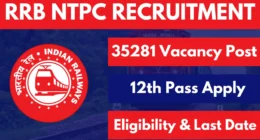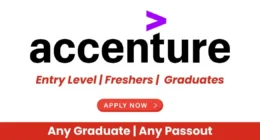When Google’s ChatGPT competitor event was planned for last week, we stated that it appeared to be a rush job intended to reassure investors. Since then, the event has taken place and performed poorly beyond anyone’s expectations. Google’s event had the reverse effect of what it intended, with the stock falling about 12 percent from its most recent high just prior to the event. Jennifer Elias of CNBC writes that Google employees are criticising CEO Sundar Pichai for what they call a ‘rushed, bungled’ debut of the company’s new chatbot.
According to CNBC, it was able to read many posts from Google’s private “Memegen” employee forum. While these discussions are typically humorous, “the posts after the Bard announcement hit a more serious tone and even went directly after Pichai,” the report states.
“Dear Sundar,” began one message, “the Bard launch and the layoffs were hasty, bungled, and insensitive. Please return to a long-term perspective.” Another post with a large number of upvotes stated, “Sundar and leadership deserve a Perf NI. “In their pursuit of’sharpening focus,’ they are being amusingly myopic and un-Google-like.” As if anyone evaluates Pichai’s work as CEO, “Perf NI” alludes to the lowest employee performance grade of “Needs Improvement.”
Google announced the launch of a ChatGPT competitor last Wednesday, but then made the unusual choice to leak the news in a blog post two days earlier. Microsoft had already sent out invitations for the ChatGPT-powered ‘New Bing’ product launch for that Tuesday, thereby preempting Google’s announcement by one day, and Google sought to preempt the preemptors.
The two occurrences were related, yet their outcomes could not have been more dissimilar. Microsoft introduced “New Bing” and released a product on Tuesday. Bing + ChatGPT is currently out in the public, where it will attempt to condense search results into a comprehensible paragraph and respond to inquiries. It is also integrated into the Microsoft Edge browser and can answer queries, assist with composition, and summarise a website. It is a legitimate product that can be tried.
Google’s announcement of its “Bard” chatbot on Monday simply provided an overview of Google’s planned capabilities, with details so vague that anyone could have written them (it’s a chatbot that will answer inquiries within Google chat!). Google’s post provided one sample response, which turned out to be incorrect, leading Reuters to publish an awkward correction. The blog post has since been modified, but it showed AI’s propensity to offer plausible-sounding yet wrong responses.
Instead of a public product launch of its chatbot technology, Google opted for a secret “trusted testers” programme at its presentation. The firm appeared to have raced to cobble together this event, so of course it wasn’t ready to debut anything. However, the back-to-back events underlined how far behind Google was. Google’s presentation, in contrast to Microsoft’s, consisted primarily of filler, with only five minutes of the forty-minute event devoted to its ChatGPT competitor, and practically all of this information was already available in the spoiler blog post published on Monday. The remainder of the event consisted of minor upgrades to Google Translate, Maps, and Lens, including a segment that had to be omitted after a presenter informed the audience that Google had “lost the phone” necessary for the presentation. The livestream concluded with an error notice and was tagged as “private” on YouTube, preventing its replay for several hours.
According to the CNBC story, one employee stated, “Rushing Bard to market in a frenzy confirmed the market’s fear of us.” Another user submitted a photo of a dumpster burning emblazoned with the Google logo, stating that it represented “how everything has felt since last year.” Another criticised the company’s recent concentration on the stock market, stating, “Firing 12,000 employees increases the stock by 3%, while a single hasty AI presentation decreases it by 8%.”
Google’s invention of the core technology behind ChatGPT is a truly humiliating fact. The “GPT” in ChatGPT refers for “Generative Pre-trained Transformer,” a neural network architecture designed and open-sourced by the Google Brain team in 2017. Back then, Google described Transformer as “especially well-suited for language understanding,” but the company never built a product based on the technology. OpenAI, the owner of ChatGPT, transforms AI research into products that people can really use, such as ChatGPT and DALL-E, whereas Go
ogle retains AI research in a laboratory. Last week’s two events, one with a product launch and one without, served to cement this narrative.
Related Articles:
Ways Parents Can Help Their Children Break Free From Technology Addiction
Google, Microsoft and 15 other technology companies headed by Indian-origin executives
The Hacked iPhone 12 Mini has USB-C and Lightning Ports.
